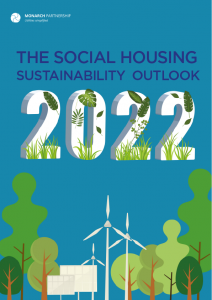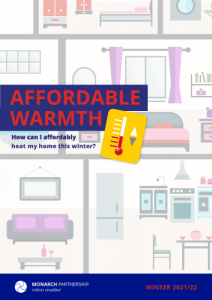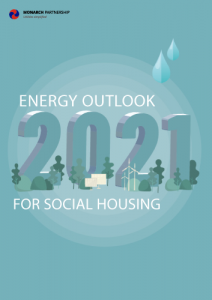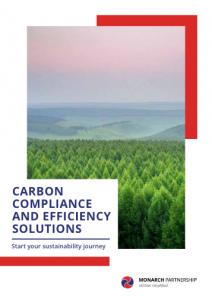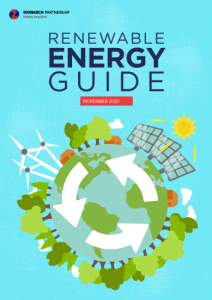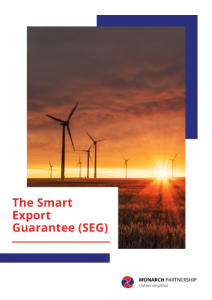What is a non-energy charge?
Are you wondering exactly what non-commodity costs are? Well, you’re not alone. They’re also known as Third Party Charges (TPC) and appear on your electricity or gas bill as “non-energy charges”. At the moment, TPCs make up about 60% of the average energy bill, and this figure is only rising. Typically, the charges include costs that energy suppliers have no control over, as they’re usually from schemes implemented by the government, for example to promote renewable energy incentives. Energy suppliers also face day-to-day running costs which can’t all be covered by charging consumers the cost of electricity or gas alone.
At Monarch, we have a range of solutions available to help our customers tackle the effects of TPCs and make sure they keep on top of market news and developments. A recent YouGov survey suggests that over half of senior UK energy professionals aren’t sure of the impacts that rising TPCs might have on their company’s energy expenses. This is potentially due to the fact that the vast majority (88%) are unable to predict how their future energy costs might change, for lack of an appropriate tool or reporting device. Our sustainability team provides our clients with regular reports predicting and displaying consumption costs and CO2 usage figures. As times goes by, smart energy usage becomes a more prevalent issue, and we’re committed to helping our clients stay up-to-date and be aware of their current and future energy usage.
We’ve put together another Monarch Explains guide to help you understand non-energy charges more clearly, featuring a list of policy charges and tips on preparing for upcoming changes. We’ve also included information on 2018-2019 rates for each charge, and a list of resources where you can access further information.
Find out more about our sustainability services here:
Read about previous smart meter updates here:








